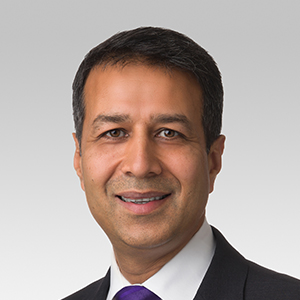
August 2024 Newsletter

August 2024 Newsletter

Sponsored Research
PI: Hasan Alam, MD, chair and Loyal and Edith Davis Professor of Surgery
Injury to the brain, also called traumatic brain injury (TBI) afflicts nearly 2 million people in the United States of America, and 50 million people worldwide every year. It is especially relevant for our military, where TBI can been labelled as the “signature injury” during the recent conflicts. Not only is it a major cause of death, those that survive suffer from prolonged disability, pain, chronic mental and physical issues such as depression, memory loss and post-traumatic stress disorder (PTSD). Currently, we lack any effective treatments to protect the brain after such injury, and to speed up its healing process.
There is emerging new information that a drug that has been in use for >40 years for seizure prevention, if given in appropriate doses, can also protect various organs in the body, including the brain, after severe injuries. In addition to appropriate animal studies, we have also done a human study in healthy volunteers where this drug, named valproic acid (VPA), was well tolerated in doses that we plan to use in the proposed future study. Our goal now is to obtain information about its effectiveness and safety in brain injured patients. We will allocate patients suffering from moderate to severe brain injury to receive either standard supportive care, or to get standard supportive care and VPA (single administration of one of two carefully selected doses) within an hour after arriving in the hospital. The allocation to these groups will be done randomly, and each patient will receive standard treatment, with or without a dose of the test drug. We will then closely monitor the patients to determine the ability of the drug to decrease the extent of brain damage, and to speed up the healing process. We will also monitor the safety of the drug, as well as the long-term outcomes in these patients.
If successful, this can provide a new treatment for civilian and military personnel suffering from brain injuries, which can potentially improve the lives and minimize the suffering of countless individuals.